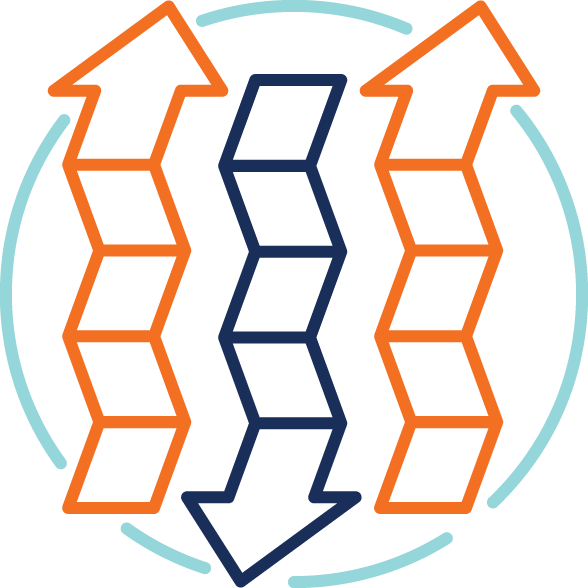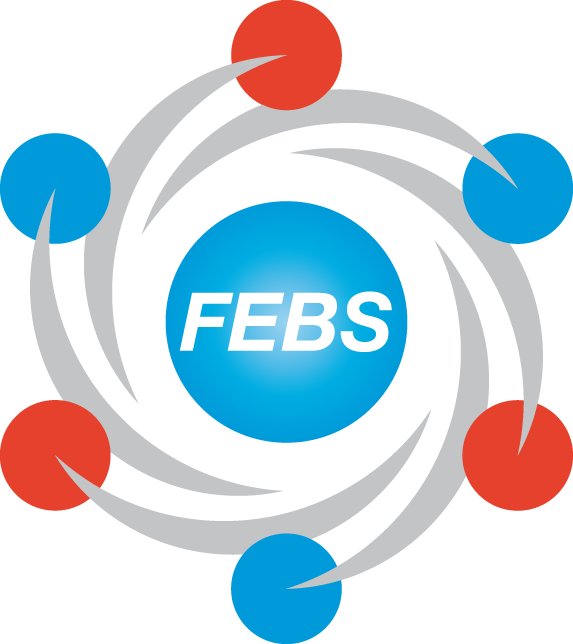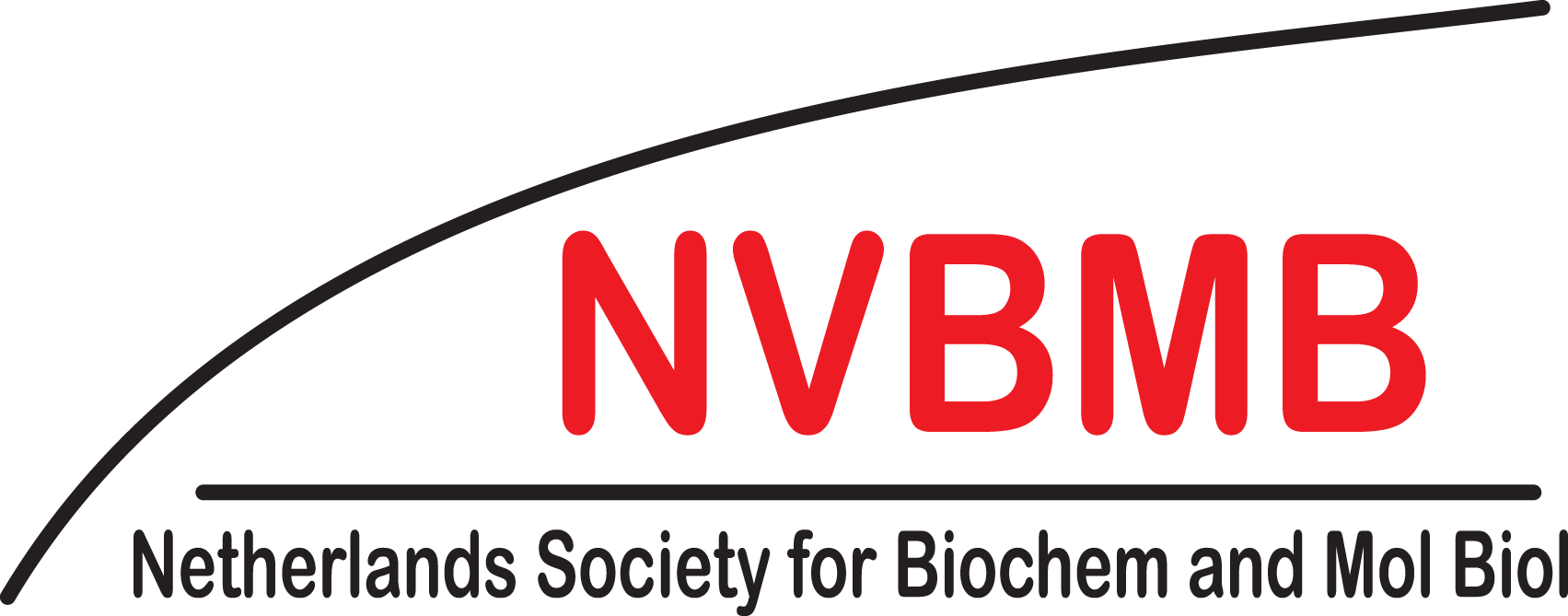FEBS Sir Hans Krebs Lecture
Elucidation of oxygen sensing mechanisms in human and animal cells
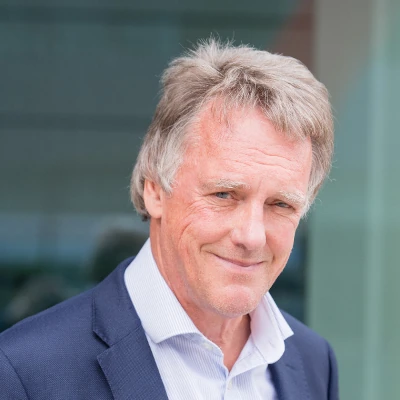 Peter Ratcliffe
Peter Ratcliffe
University of Oxford, United Kingdom
Peter Ratcliffe trained as a nephrologist at the Oxford University Hospitals. After specialist clinical training he became interested in the regulation of the haematopoietic growth factor erythropoietin, which is produced by the kidneys in response to reduced blood oxygen availability. This work led to the unexpected discovery that the oxygen-sensing process underlying the regulation of erythropoietin production operates widely across human and animal cells to direct a broad range of homeostatic responses to hypoxia. The laboratory went on to elucidate the mechanism of ‘oxygen sensing’ by post-translational hydroxylation of specific amino acid residues within the key transcription factor HIF (Hypoxia Inducible Factor) and showed that this process is catalysed by a series of ‘oxygen-sensing’ 2-oxoglutarate dependent dioxygenases. Dr Ratcliffe has received numerous awards for this work including the Nobel Prize for Medicine or Physiology, 2019. He was elected to the Fellowship of the Royal Society in 2002 and knighted for services to medicine in 2014. He served as Nuffield Professor and Head of Department of Medicine at the University of Oxford 2004–2016. In 2016 he was appointed Director of Clinical Research at the Francis Crick Institute, London, retaining a position at Oxford as Distinguished Scholar at the Ludwig Institute for Cancer Research. Current interests encompass mechanistic understanding of rapid non-transcriptional responses to hypoxia, and the physiological interplay between different hypoxia signalling pathways.
FEBS Theodor Bücher Lecture
Guardians of cellular homeostasis: Ubiquitin–autophagy axis
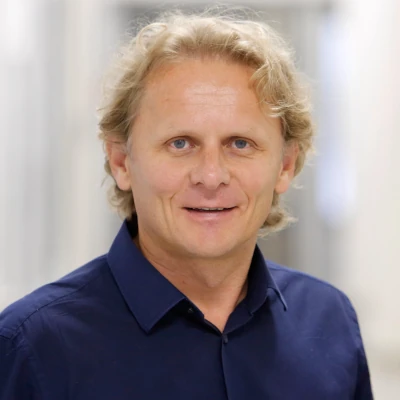 Ivan Đikić
Ivan Đikić
Goethe University Frankfurt, Germany
Ivan Đikić is a distinguished biochemist and molecular biologist and an internationally recognized leader in the fields of ubiquitin signaling and autophagy. He serves as Director of the Institute of Biochemistry II at Goethe University Frankfurt and is a Fellow of the Max Planck Institute for Biophysics, where he spearheads cutting-edge research at the interface of biochemistry and medicine. His laboratory has made pioneering contributions to our understanding of cellular quality control pathways, particularly focusing on how ubiquitin and autophagy systems regulate cellular homeostasis and how their dysregulation contributes to cancer, neurodegeneration, and infectious diseases. Recent research from his group has expanded into ER membrane dynamics, and the development of proximity-induced drug modalities, including PROTACs and molecular glues, positioning his team at the forefront of therapeutic innovation. Đikić has long played a leading role in collaborative scientific endeavors. He is the Speaker of the DFG Collaborative Research Centre on Selective Autophagy (since 2016), and the founding force behind several research consortia at Goethe University, including PROXIDRUGS, designed to integrate novel technologies into the development of next-generation drugs targeting protein degradation.
FEBS Datta Lecture
Autophagic pathways in ageing and neurodegeneration
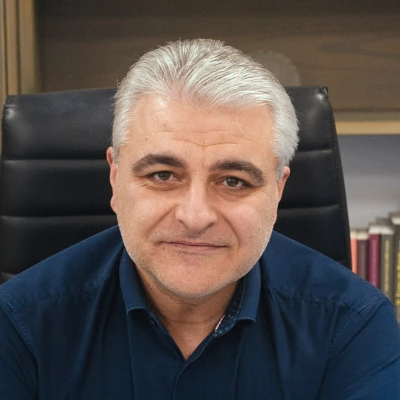 Nektarios Tavernarakis
Nektarios Tavernarakis
Institute of Molecular Biology and Biotechnology, Greece
Nektarios Tavernarakis is Professor of Molecular Systems Biology at the Medical School of the University of Crete, in Heraklion, Greece, and Research Director at the Institute of Molecular Biology and Biotechnology (IMBB) of the Foundation for Research and Technology-Hellas (FORTH), where he is heading the Neurogenetics and Ageing laboratory. He is currently serving as President of the European Molecular Biology Conference (EMBC). Previously he served as President of the Board of Directors of FORTH, President of the European Institute of Innovation and Technology (EIT) Governing Board, Vice President of the Scientific Council of the European Research Council (ERC), and Director of IMBB. He is also the Founder and first Director of the Graduate Program on BioInformatics at the University of Crete. He is a member of the American Association for the Advancement of Science (AAAS), the European Molecular Biology Organization (EMBO), the German National Academy of Sciences (Leopoldina), the European Academy of Sciences and Arts (EASA), Academia Europaea, the European Academy of Sciences (EurASc) and the Academy of Athens. He earned his PhD degree at the University of Crete, and trained as a postdoctoral researcher at Rutgers University in New Jersey, USA. His work focuses on the molecular mechanisms of necrotic cell death and neurodegeneration, the interplay between cellular metabolism and ageing, the mechanisms of sensory transduction and integration by the nervous system, and the development of novel genetic tools for biomedical research. He has received several notable scientific prizes, including two ERC Advanced Investigator Grants, and an innovation-supporting ERC Proof of Concept Grant. He is the recipient of the EMBO Young Investigator award, the Alexander von Humboldt Foundation, Friedrich Wilhelm Bessel research award, and the Helmholtz International Fellow Award. He is also the recipient of the Scientific Prize for Medicine and Biology, and the Excellence in Biomedical Sciences Award, of the Bodossaki Foundation, which are two of the most competitive scientific distinctions for Greeks, in Greece and abroad. In addition, he has received the BioMedical Research Award of the Academy of Athens, the Galien Scientific Research Award, the Empeirikeion Foundation Academic Excellence Prize, the FORTH Research Excellence award, and the International Human Frontier in Science Program Organization (HFSPO) long-term Postdoctoral Fellowship.
FEBS Rita Levi-Montalcini Award Lecture
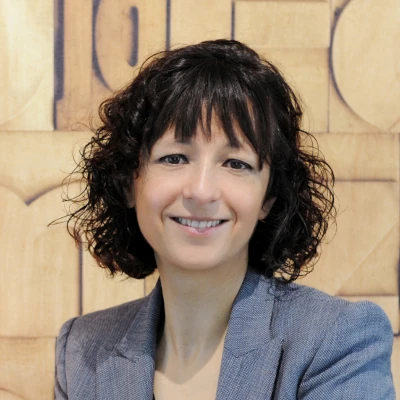
Emmanuelle Charpentier
Max Planck Institute, GermanyEmmanuelle Charpentier is a French microbiologist, geneticist and biochemist. She developed her scientific career in academic research institutions in France, the United States, Austria, Sweden and Germany. She is founder, scientific and managing director of the Max Planck Unit for the Science of Pathogens and honorary professor at Humboldt University, Berlin, Germany. Emmanuelle has been widely recognized for her groundbreaking research, which laid the foundations for the revolutionary CRISPR-Cas9 genome engineering technology. She has received numerous prestigious international awards and honours and is an elected member of national and international scientific academies. She is co-founder of CRISPR Therapeutics and ERS Genomics with Rodger Novak and Shaun Foy. More information about Emmanuelle is available at www.emmanuelle-charpentier.org
NVBMB Lecture
Trained immunity: A memory for innate host defense
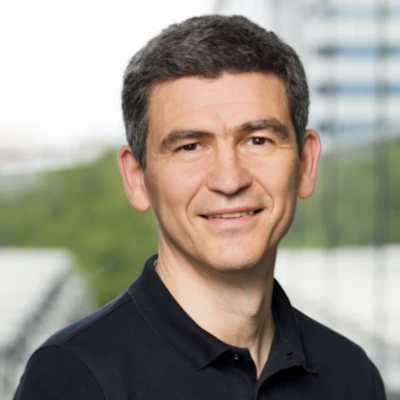
Mihai Netea
Radboud UMC, NetherlandsMihai Netea was born and studied medicine in Cluj-Napoca, Romania. He completed his PhD at the Radboud University Nijmegen, the Netherlands, on studies investigating the cytokine network in sepsis. After working as a postdoc at the University of Colorado, he returned to Nijmegen where he finished his clinical training as an infectious diseases specialist, and where he currently heads the division of Experimental Medicine, Department of Internal Medicine, Nijmegen University Nijmegen Medical Center. He is mainly interested in understanding the memory traits of innate immunity (trained immunity), the factors influencing variability of human immune responses, and the immune dysregulation during bacterial and fungal infections. He is the recipient of the Spinoza Prize 2016 and he is a member of the Netherlands Royal Academy of Sciences (KNAW).
IUBMB Lecture
Session details coming soon.
PABMB Lecture
How environment constrains metabolism in cancer
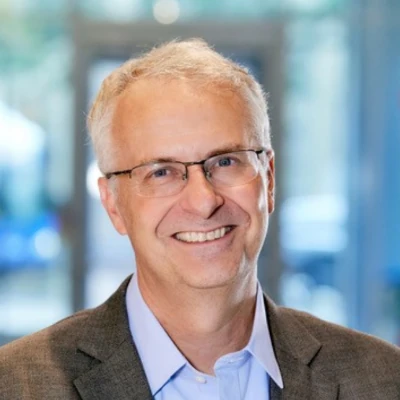
Matthew Vander Heiden
Koch Institute for Integrative Cancer Research, United States of America
Matthew Vander Heiden is the Director of the Koch Institute for Integrative Cancer Research, the Lester Wolfe (1911) Chair in Molecular Biology, and a Professor in the Department of Biology at the Massachusetts Institute of Technology (MIT). He is also a practicing Medical Oncologist and Instructor of Medicine at the Dana-Farber Cancer Institute and Harvard Medical School, as well as an Institute Member of the Broad Institute of Harvard and MIT. Vander Heiden received his MD and PhD degrees from the University of Chicago, where he worked in the laboratory of Craig Thompson. He completed clinical training in internal medicine at the Brigham and Women’s Hospital and a Hematology-Oncology fellowship at the Dana-Farber Cancer Institute / Massachusetts General Hospital program. He was a post-doctoral fellow in the laboratory of Lewis Cantley at Harvard Medical School, where he was supported by the Damon Runyon Cancer Research Foundation. In 2010, Vander Heiden joined the MIT faculty. His laboratory studies how metabolism is regulated to meet the needs of cells in different physiological situations. A major focus of his research is the role of metabolism in cancer, and particularly how metabolic pathways support cancer cell proliferation and survival. Using a combination of biochemistry, molecular biology and mouse models, the aim of the Vander Heiden laboratory is to understand how metabolism influences different stages of tumour biology with a goal to improve cancer treatment in the clinic. He also serves on the scientific advisory boards of multiple cancer centres, as well as the investment advisory board and scientific advisory boards of multiple companies.
EMBO Lecture
Life with two X chromosomes
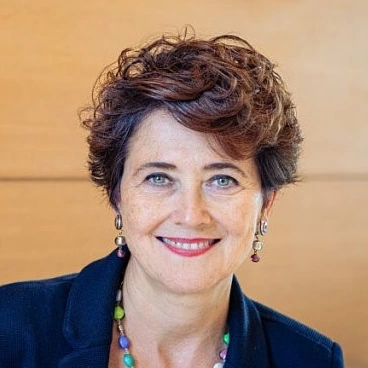
Edith Heard
European Molecular Biology Laboratory, France Edith Heard is Professor of the Collège de France and incoming CEO and Director of the Francis Crick Institute. She studied Natural Sciences at Cambridge University (UK) and obtained her PhD in Biochemistry from the Imperial Cancer Research Fund in London. After a postdoc at the Institut Pasteur in Paris, she moved to the Institut Curie where she became Director of the Genetics and Developmental Biology Unit in 2010, before becoming the EMBL Director General from 2019-2025. Edith’s laboratory specialises in epigenetics and the process of X-chromosome inactivation (XCI) whereby one of the two X chromosomes is silenced during female mammalian development. Her group has revealed the remarkable dynamics of X inactivation in development and disease and provided key insights into the underlying mechanisms. Heard has been elected to the Royal Society, the National Academy of Sciences, National Academy of Medicine and she is a member of the WHO Science Council.Molecular Oncology Lecture
Tumor-immune crosstalk in breast cancer progression and therapy
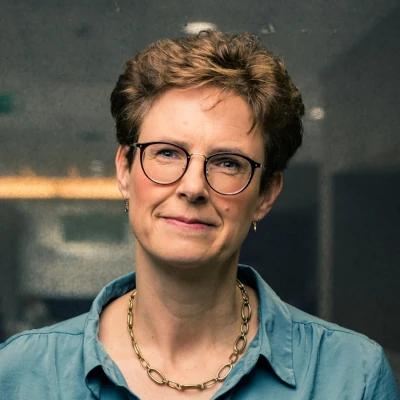
Karin De Visser
The Netherlands Cancer Institute, NetherlandsKarin de Visser is group leader in the Division of Tumor Biology & Immunology at the Netherlands Cancer Institute (NKI) in Amsterdam and Oncode Institute, and a full professor of Experimental Immunobiology of Cancer at Leiden University Medical Center. She obtained her PhD in 2002 at the NKI in the field of cancer immunotherapy – well before immunotherapy transformed cancer patient care. During her postdoctoral research with Lisa Coussens at UCSF (2003-2005), she expanded her expertise into the field of inflammation and cancer. In 2005, she returned to the NKI and joined the lab of Jos Jonkers to gain experience with conditional mouse models of breast cancer before establishing her own research group. Her lab investigates how the immune system influences breast cancer metastasis and therapy response. Her most recognized work has revealed how tumor-induced systemic inflammation drives neutrophil-dependent immunosuppression and promotes metastasis. By integrating tumor immunology and cancer genetics, her team demonstrated that the genetic make-up of breast cancer shapes the immune landscape. In collaboration with Marleen Kok, her team also uncovered a critical role for eosinophils in immunotherapy response of breast cancer. Karin de Visser received an ERC consolidator grant (2014), the Metastasis Research Prize of the Beug Foundation (2015), the Pezcoller-Marina Larcher Fogazzaro-EACR Women in Cancer Research Award (2025) and was elected EMBO young investigator (2016) and EMBO member (2021). She served on the Research Management Committee of Oncode Institute (2018–2024) and now co-leads the Immunotherapy research theme at the NKI.
FEBS Open Bio Lecture
Half century of structural biology through the eyes of one practitioner
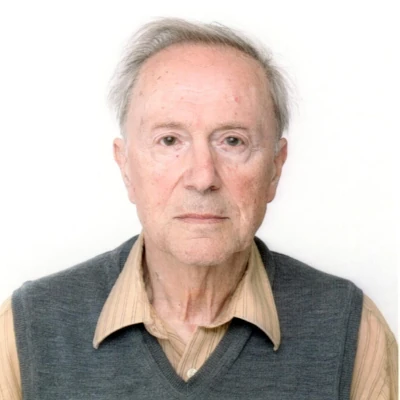
Alexander Wlodawer
NIH, United States of AmericaAlexander Wlodawer received his PhD from the University of California, Los Angeles, in 1974. After two years as a postdoctoral fellow at Stanford University he joined the National Bureau of Standards in 1976 and then moved to the National Cancer Institute in 1978. Until 2020 he was Chief of the Macromolecular Crystallography Laboratory and now is Senior Investigator in the Laboratory of Cell Biology. Some of the areas of his interest are directly involved in elucidating structural features of molecules that could explain their importance to understanding cancer, AIDS and covid-19, but he is also active in the development of methods for protein crystallography and in evaluation of the quality of structures deposited in the PDB. Wlodawer is a coauthor of 425 publications and serves on editorial boards of several journals. He was awarded the title of Doctor Honoris Causa by the Technical University of Lodz, Poland, is an elected Foreign Member of the Polish Academy of Sciences, and a recipient of the NCI Mentor of Merit Award and of the Heyrovsky Honorary Medal (Czech Academy of Sciences). In 2015 he received the American Association for the Advancement of Science – Foundation for Polish Science Award for Collaborative Research (with Mariusz Jaskolski).
Three additional plenary speakers will be added in due course after upcoming prize selections; these will be the 2026 winners of the FEBS/EMBO Women in Science Award, The FEBS Journal Richard Perham Prize and the FEBS Letters Award.

